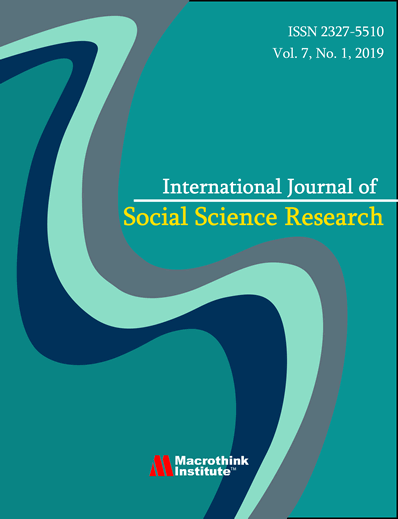Chasms of ‘Perfect Chaos’: Medico-Legal Codifications of Criminal Insanity in Colonial Bengal, 1814-1860
DOI:
https://doi.org/10.5296/ijssr.v10i2.19986Abstract
The 19th century in British Bengal was a formative phase for ‘modern’ judicial administration. As integral part of the colonial enterprise, the function of criminal judicature not limited to disciplining an ‘inferior’ race, but also constructing a racial profile of an essentially Indian criminal. This entailed a larger program for the legal codification in the colonies which would put the entire imperial machinery in motion. One of the primary modes of such codification was through a burgeoning medico-legislation. As colonial authorities embarked on a detailed classification crime and criminality in Bengal, they were confronted with the problem of encoding criminal insanity. In a highly racist atmosphere, the Indian insane was sure to be viewed and categorized as everything negative with Indian biology. Touted as naturally prone to violent and often criminal fits of madness, the Indians in general were seen as predisposed to mental degeneration. The problem of distinguishing madness from common criminality in Bengal seemed a problem that had to be overcome by strict adherence to medical objectivity, especially modern psychiatry, but often the involvement of medical professionals in ascertaining criminal or dangerous madness led to a struggle between jurists and medical men in staking the ultimate claim over medico-legal space. This article argues that the medical professional in colonial Bengal, instead of being auxiliary to legal apparatus, shaped and re-shaped narratives of criminal insanity which went into the formulation of medico-legal codification.

